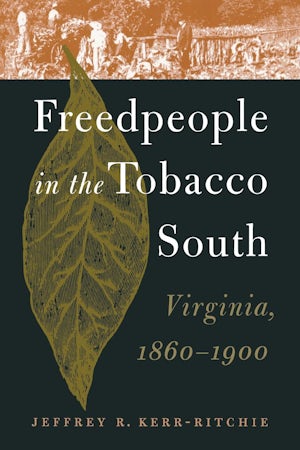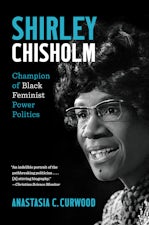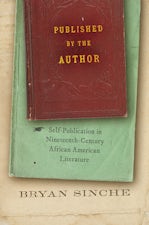Freedpeople in the Tobacco South
Virginia, 1860-1900
By Jeffrey R. Kerr-Ritchie
368 pp., 6.125 x 9.25, 4 illus., 5 maps, 15 tables, appends., notes, bibl., index
-
Paperback ISBN: 978-0-8078-4763-3
Published: April 1999 -
E-book PDF ISBN: 979-8-8908-6791-9
Published: July 2003 -
E-book EPUB ISBN: 978-0-8078-6114-1
Published: July 2003
Buy this Book
- Paperback $47.50
- E-Book $29.99
Drawing upon a rich array of sources, Kerr-Ritchie situates the struggles of newly freed people within the shifting parameters of an older slave world, examines the prolonged agricultural depression and structural transformation the tobacco economy underwent between the 1870s and 1890s, and surveys the effects of these various changes on former masters as well as former slaves. While the number of older freedpeople who owned small parcels of land increased phenomenally during this period, he notes, so too did the number of freedom's younger generation who deserted the region's farms and plantations for Virginia's towns and cities. Both these processes contributed to the gradual transformation of the tobacco region in particular and the state in general.
About the Author
Jeffrey R. Kerr-Ritchie is assistant professor of history at Wesleyan University in Middletown, Connecticut.
For more information about Jeffrey R. Kerr-Ritchie, visit
the
Author
Page.
Reviews
"A convincing study of the impact of the political economy of tobacco on the possibility that freedpeople might realize their aspirations for emancipation."--Journal of American History
"A well-crafted, broadly focused, deeply researched monograph that raises important questions. . . . Kerr-Ritchie provides valuable information about an under-examined region, and historians of the post-bellum South will need to reckon with his assessment."--American Historical Review
"Freedpeople in the Tobacco South rejuvenates the history of labor and capitalist agriculture in late nineteenth-century Virginia. . . . Methodologically, the book is a strong call for the continuing importance of a wide-ranging social history. It represents an important and long overdue contribution to the history of a large and significant African-American population."--Journal of Interdisciplinary History
"This study uses valuable source materials, good secondary literature, and raises good questions."--Choice
"A complex discussion of a state, region and staple product less well served by historians than the more familiar cotton-producing areas further south, or the tidewater region of Virginia. . . . Kerr-Ritchie, in a fashion that is fresh and unfamiliar, tells what might have been an old story in a new setting."--Times Literary Supplement
"With impressive chronological sweep and command of source material, Jeffrey Kerr-Ritchie's Freedpeople in the Tobacco South examines the origins of a new social order on the ashes of slavery. His account of the relationship between developments in Virginia and the international economic depression of the last quarter of the nineteenth century is masterfully wrought and rich with insights that extend far beyond the Upper South. No student of southern history, of the Civil War era, or of emancipation will want to miss this important book."--Joseph P. Reidy, Howard University




